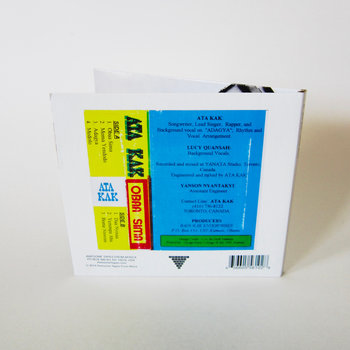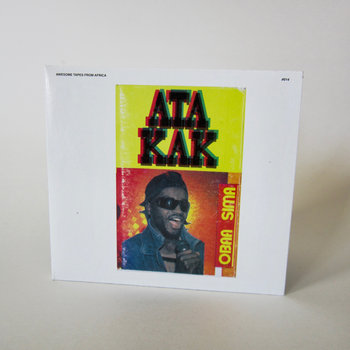
Back in 2002, Awesome Tapes from Africa label founder Brian Shimkovitz was studying ethnomusicology when his research sent him to Ghana. “I was collecting a lot of music, and all during this time, it was a cassette-based music economy,” he says. “As a music freak grabbing lots of stuff for research, I was dealing with tapes out of necessity to begin with—as there were hardly any CDs, and they were expensive.”
The DIY cassette culture had exploded across West Africa in the early 1980s to fill the gaps in music distribution across the region. “The cassette format made it possible for smaller music groups to have something they could distribute and sell to their fellow language speakers across the region,” Shimkovitz says. “At the same time, it made it possible for them to get the music abroad quickly and cheaply.”
That resulted in thousands of DIY tapes being sold at markets and roadside stalls across the region. “Right up until the mid 2000s, the cassette was still on sale everywhere, and I was collecting all the time,” Shimkovitz says. “When I got back to New York, I had stacks of tapes and I wanted to share all this incredible music with other nerds. And I thought a blog was a good way to share the music with the world.”
He called the blog Awesome Tapes from Africa. “As soon as I started posting the music,” he recalls, “I got a bunch of responses so that really made me enthusiastic to make this music available for people outside of Africa.” The first tape he posted was one by a mysterious Ghanaian singer and producer by the name of Ata Kak. “The music on that tape was so surprising,” he says. “It kind of became my manifesto for the project—in terms of tracking down the artists and working with them on a deeper level.” Recorded in 1994, Ata Kak’s Obaa Sima LP is now available on cassette, CD, and vinyl on the Awesome Tapes from Africa label, alongside other releases of music that has appeared on the ever popular blog.
The blog and the label have become even more important as digital and mobile phone technology have revolutionized the African music industry. “When I cruise around different countries now, the tapes are really hard to find, and a lot of the music hasn’t been reissued on CD or vinyl, so there is a real danger of it being lost,” Shimkovitz says. “So I hope Awesome Tapes in Africa is creating avenues to grab listeners to appreciate all this incredible music. And as the records sell across the world—thanks to platforms like Bandcamp—and we start to book shows for these artists, we are hoping to make real progress in advancing their careers.” Here’s a guide to the label’s essential releases.
Na Hawa Doumbia, La Grande Cantatrice Malienne Vol 3
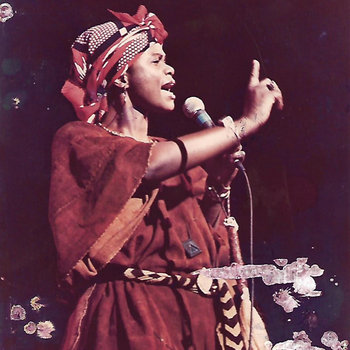
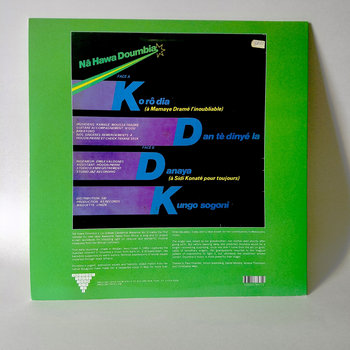
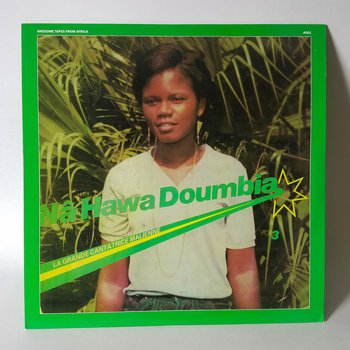
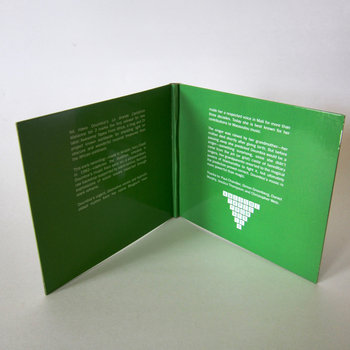
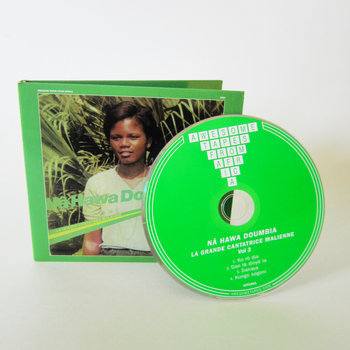
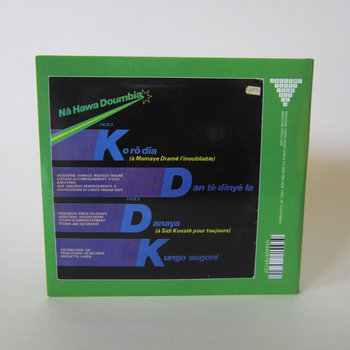
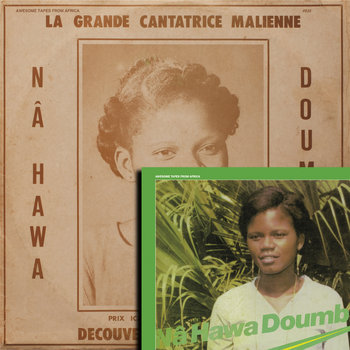

Vinyl LP, Compact Disc (CD), Vinyl,




Alongside Oumou Sangaré, the lesser-known Doumbia is one of the great female voices of Mali. “The reason why I chose this LP as the first release on the label is that I wanted an artist that people might know,” Shimkovitz says. Like Sangaré, she has a chilling voice and sings about social issues. Recorded in Abidjan, Ivory Coast in 1982, Malienne was one of three LPs recorded for the small Ivory Coast label AS. It captures the raw intensity of Doumbia’s vocals against a stripped-down backdrop of balafon, ngoni, and djembe, alongside the guitar work of her husband N’Gou Bagayoko. Doumbia would go on to release two LPs on London’s Sterns Music label in the early ‘90s, but it’s her raw sound from her early years that Shimkovitz loves most. “I really want to release more of her music from this series from the early ‘80s,” he says.
Ata Kak, Obaa Sima

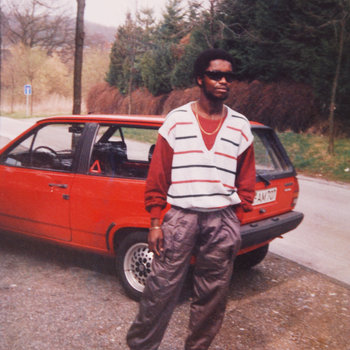

Vinyl LP, Compact Disc (CD), Cassette, T-Shirt/Apparel, , T-Shirt/Shirt
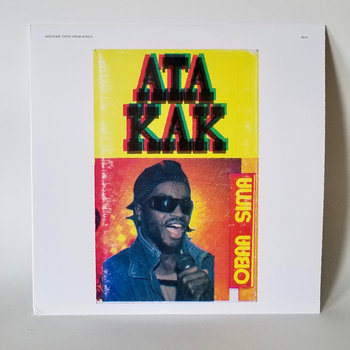
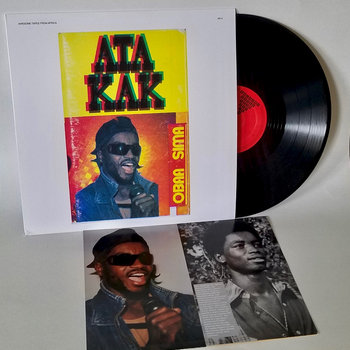
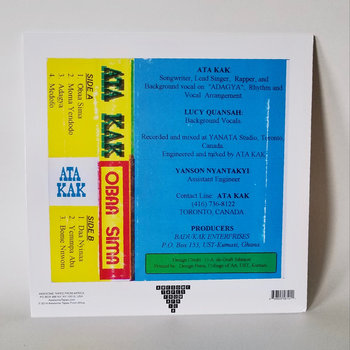
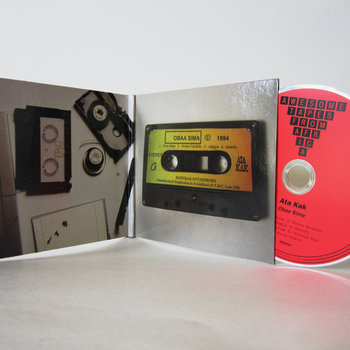
“This is it. You may never hear anything like this elsewhere.” So began the first ever post on Awesome Tapes from Africa in April 2006. Shimkovitz bought Obaa Sima from a guy selling tapes in 2002 on a roadside stall in Cape Goat, Ghana. The LP—a curious but infectious mix of house, rap, electro, and hip life—has attained an incredible 40 million downloads. After many years of searching and making endless phone calls, Shimkovitz found Ata Kak living in Kumasi, Ghana, unaware of the commotion his DIY music was causing on dancefloors across the world. “With so many people wanting to know more about the release, I just had to find the guy to tell him how famous he was and to make sure he made some money out of this,” Shimkovitz says. With Ata’s master DAT of the recording damaged by 20 years of heat and humidity, it was the original tape Shimkovitz found in 2002 that became the source for this release. A subsequent worldwide tour for Ata Kak culminated in an emotional performance at Glastonbury Festival.
Professor Rhythm, Bafana Bafana

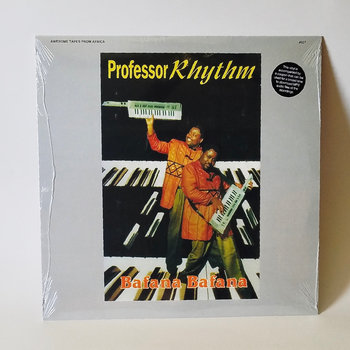
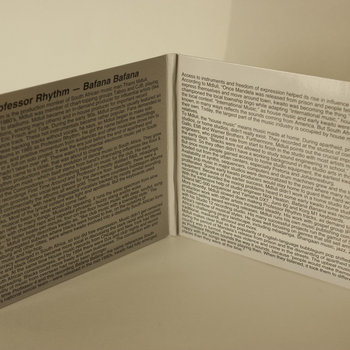
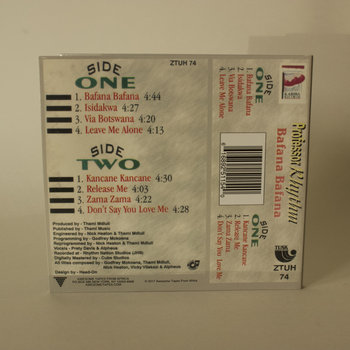
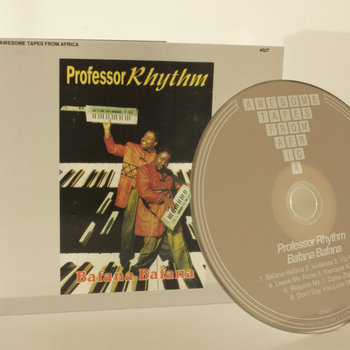
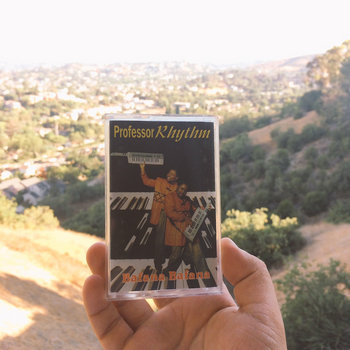

Vinyl LP, Compact Disc (CD), Cassette




Like many of the South African artists to emerge from the bubblegum pop movement of the previous decade, in the 1990s, Thami Mdluli saw a future in electronic dance music. “Professor Rhythm was part of a whole wave of South African musicians who were getting into the international house music sounds as part of the early Kwaito movement,” Shimkovitz says. Recorded using a Roland MC-500 sequencer, Yamaha DX7, Juno 60, and Korg M1 keyboards (thanks to studio engineer Nick Heaton), Bafana Bafana had a more polished sound than other home studio cassettes. “This record was not recorded in some dude’s bedroom, it was a proper professional studio,” Shimkovitz says. The ‘90s New York sound makes it stand apart from the majority of slower Kwaito releases. “I really liked that it sounded different but I also really wanted to release the LP because it’s a pretty unknown one of his,” Shimkovitz says. “Actually when I found a copy of this cassette and showed it to him he had forgotten about it.”
Penny Penny, Shaka Bundu


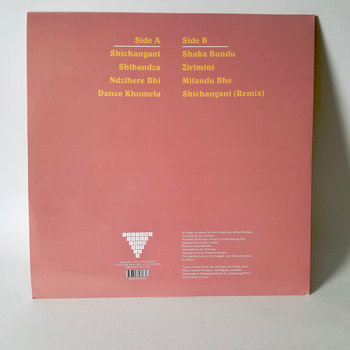
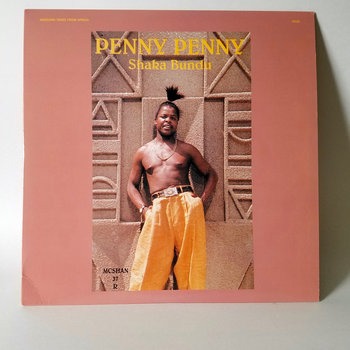
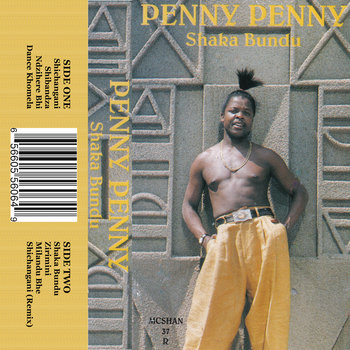
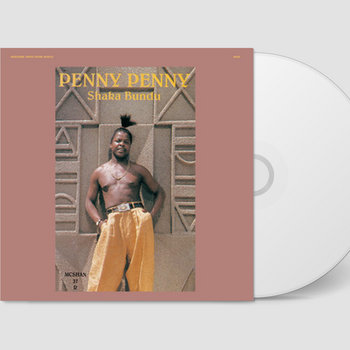

Vinyl LP, Cassette, Compact Disc (CD)




The former migrant janitor turned multi-platinum selling pop star secretly made music while working as a cleaner at a record label. One day, Tsonga disco producer Joe Shirimani spotted Penny and invited him to record some demos. “Simple yet deep synth-pop anthems that couldn’t give a fuck if you thought they sounded corny,” wrote Shimkovitz when he first posted the pivotal Kwaito LP. Recorded with an Atari computer, Korg M1 synthesizer, and reel-to-reel tape, Penny and Shirimani cut the entire record in just seven days. It’s mix of early ‘90s piano house and Tsonga disco proved an infectious mix that resonated across South Africa, selling more than 250,000 copies. “Penny Penny really helped Tsonga music explode on the national stage during that period of togetherness, when all the languages were being heard in an equal fashion,” Shimkovitz says.
Om Alec Khaoli, Say You Love Me
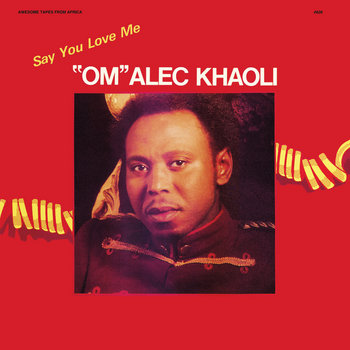
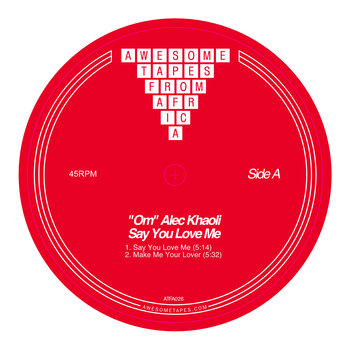
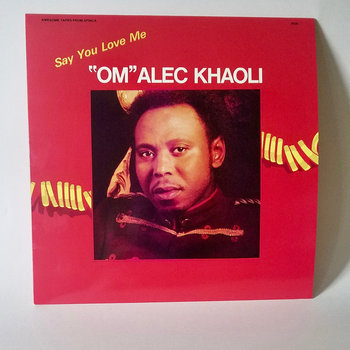
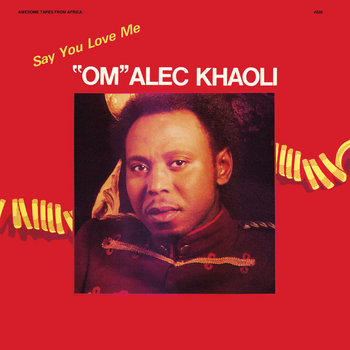
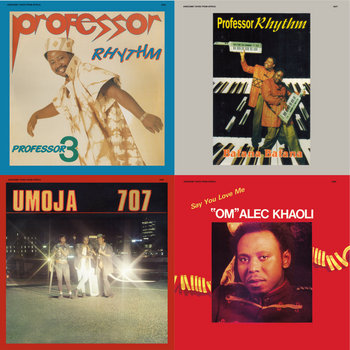

Vinyl LP, Compact Disc (CD),




Recorded for the famous South African Gallo label in 1985, “Om” Alec Khaoli’s Say You Love Me EP would stand up with any mid-‘80s soul boogie U.S. release. The fact that this joyful LP was recorded during the darkest days of apartheid makes it even more incredible. “I’d been a fan of his previous records and was exploring what else he had done and came across this,” Shimkovitz says. A former member of township soul and funk bands The Beaters and Harari, Khaoli was also part of Umoja whose bubblegum pop LP from the ‘80s 707 was also released by ATFA. Under the name “Om,” Khaoli had recorded the soul funk LPs Magic Touch and Use Me in 1982 and 1984. In 1985, he created this boogie soul masterpiece with a selection of synths including his beloved Prophet 5 keyboard, giving the LP a serious ‘80s sheen. “This was recorded deep during apartheid and Om was the guy who used all the equipment like the Vocoder and lots of different kind of synths before anyone else,” Shimkovitz says.
DJ Katapila, Trotro
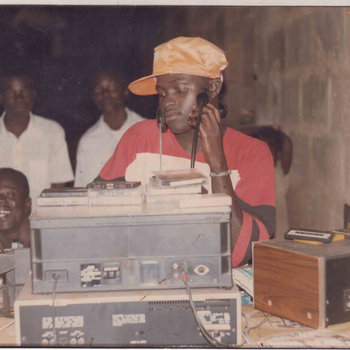
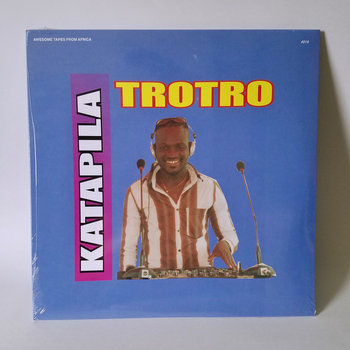
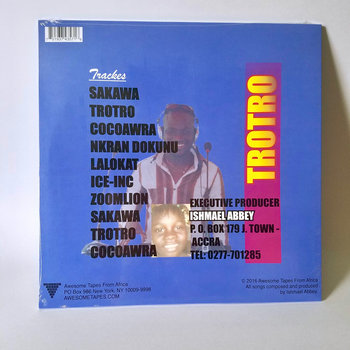
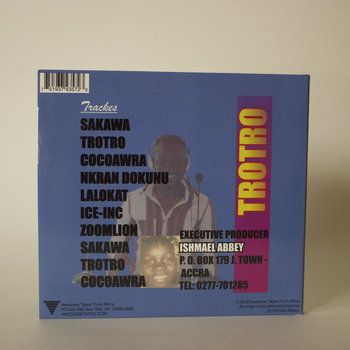




2 x Vinyl LP, Compact Disc (CD),




“I actually found this cassette when I was looking around in the markets in Ghana with Ata Kak,” Shimkovitz says. “When I got home and played it I just thought ‘This is crazy.’” The most jaw-dropping record to be released on ATFA, DJ Katapila’s Trotro LP was recorded in Ghana in 1998. While spinning records as part of Accra’s mobile sound system scene in the late ‘90s, Katapila incorporated Ga and Twi language chants over distinct breaks. Using a Yamaha DD11 drum machine and FruityLoops sequencing program, he began to translate Ga drum rhythms for the dancefloor. The results can be heard on this incredible LP that brings to mind Chicago footwork or early acid. “I really hadn’t heard anything like that before,” Shimkovitz says.
Hailu Mergia, Hailu Mergia & His Classical Instrument


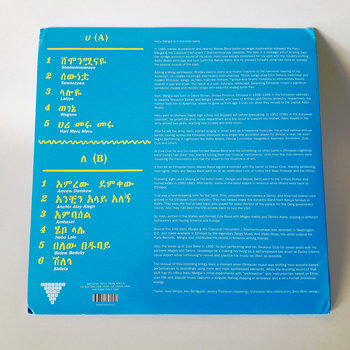
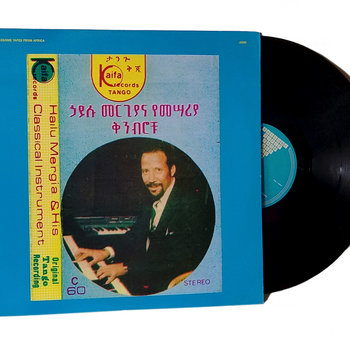
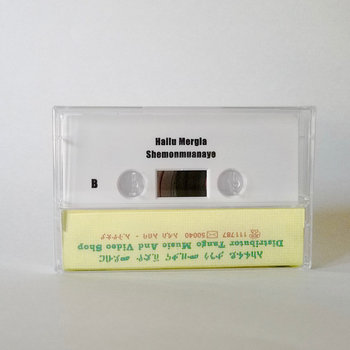
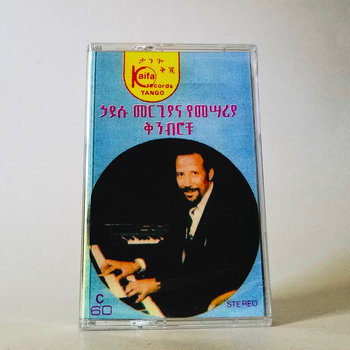



2 x Vinyl LP, Cassette, Compact Disc (CD)




A member of the Walias Band in the 1970s, it was Hailu Mergia’s organ that gave some of the greatest Ethio jazz and funk its distinctive woozy sound. “He actually began on accordion in the ‘60s, but then the instrument fell out of vogue when the electric organ became prominent,” Shimkovitz says. After settling in the States in the mid ‘80s, Mergia recorded this solo LP, a spaced-out and otherworldly psychedelic Ethio jazz outing using Moog and DX synthesizer, Rhodes electric piano, accordion, and rhythm machine. “This was the first tape of his I came across outside of the Walias Band and I just thought it was the most outstanding and original Ethiopian record I had ever heard,” Shimkovitz says. “It really is unique and one of my all time favorite records.” Also check out the ATFA re-issue of his 1977 LP recorded with the Walias Band, Tche Belew, and its follow-up Wede Harer Guzo.
Dur-Dur Band, Volume 5
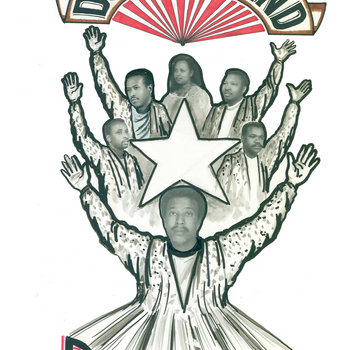
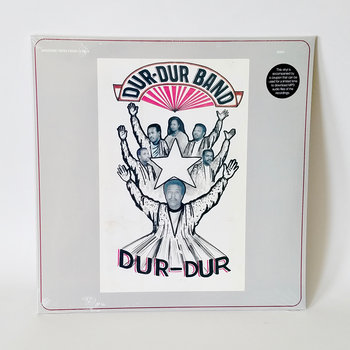
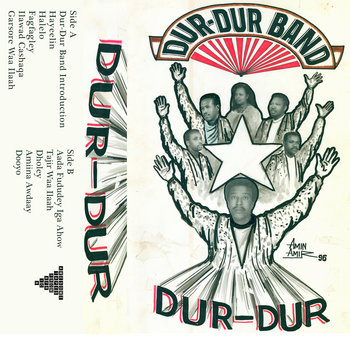
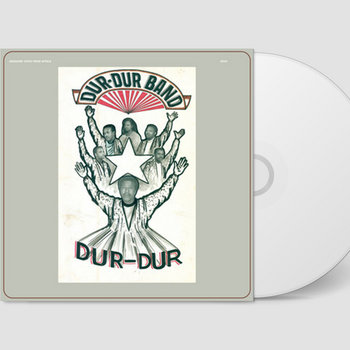

2 x Vinyl LP, Cassette, Compact Disc (CD)



The soaring pop funk pop of this LP, recorded in Mogadishu in 1989, serves as a poignant document of the music being made in the capital of Somalia before a civil war ripped the country apart. “It really took a long time to track the group down and it was very challenging to find a usable copy of the music but it was really worth it,” Shimkovitz says. The group emerged from Mogadishu’s vibrant scene of the 1980s around venues like Juba and Al-Curuuba Discotheque. Shimkovitz came across the cassette in a market in Mogadishu. “The music is crazy funky, totally distinctive with so many different flavors and recorded shortly before the conditions in the country became very difficult,” he says. Mastered directly from the tape, Volume 5 is a raw but essential listen.
SK Kakraba, Songs of Paapieye
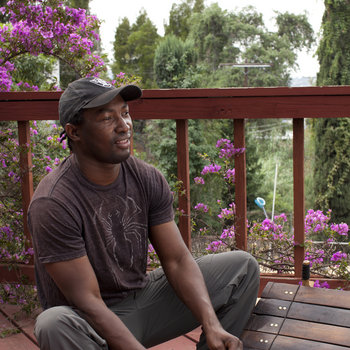
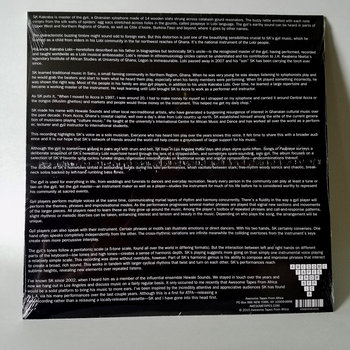
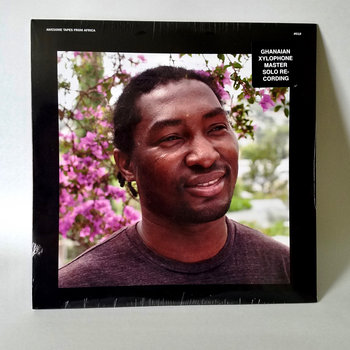
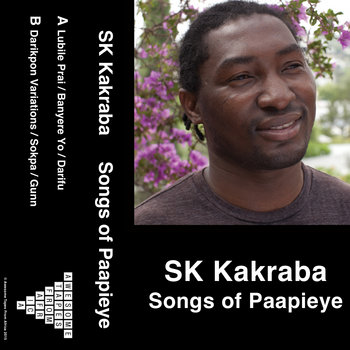
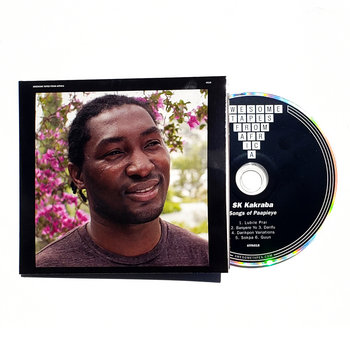
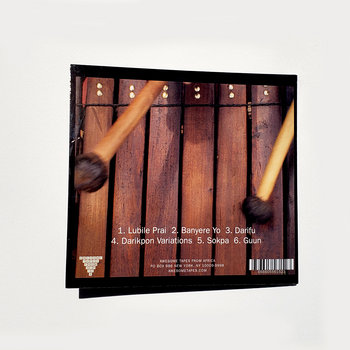
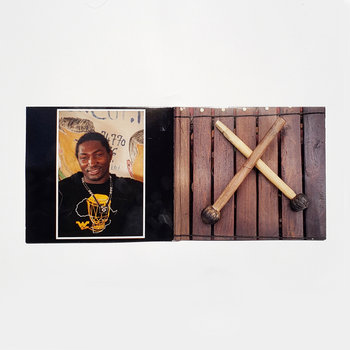

Vinyl LP, Cassette, Compact Disc (CD),




The most ‘roots’ LP released on ATFA, Songs of Paapieye is essentially a platform for the superb musicianship of SK Kakraba. “He’s a friend of mine from Ghana who is a master of the gyil [a balafon made of wooden slats strung across gourd resonators],” Shimkovitz says. “I really love traditional music, and that’s a huge part of the blog for me—to showcase folk and roots music that doesn’t always get a lot of attention.” The sound is deep and earthy with a distorted buzz not unlike that created by the Congo electronics of Konono Nº1. “That distortion is created by the gourds which have spiders’ eggs inside them, so it’s a very interesting and beautiful buzzy sound,” Shimkovitz says. The LP was a first for ATFA, a new record rather than a reissue of an old tape.
Awa Poulo, Poulo Warali


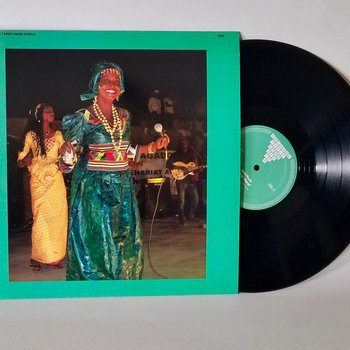
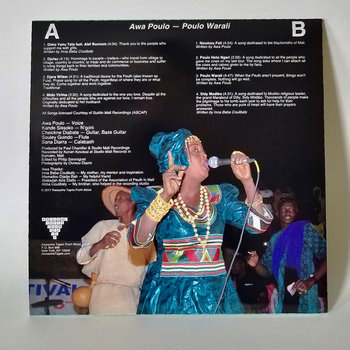
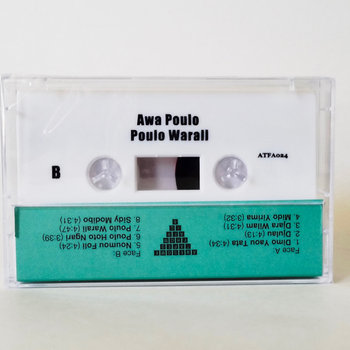
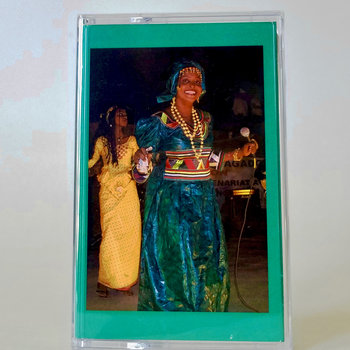
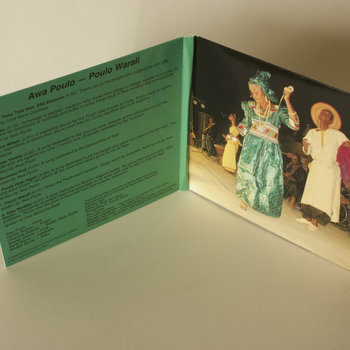
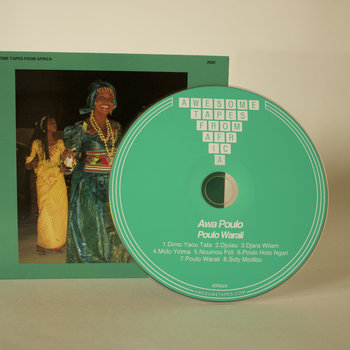

Vinyl LP, Cassette, Compact Disc (CD),




“This is another new recording and it was super fun to work on an LP that sounds so crisp and clear,” Shimkovitz says. Malian singer Awa Poulo comes from the Fulani musical tradition. “I just love the way Fulani music from this region is taking the traditional instruments but making incredible lively pop music,” Shimkovitz says. Recorded at Studio Mali in Bamako, the LP sets Poulo’s stunning vocals over the raw interlocking sounds of n’goni, guitars, and calabash. It’s Poulo’s first internationally distributed record and one of the first times a female Fulani singer’s music has been recorded by a Western label. “I don’t want to keep a hardcore rule that my releases have to be a reissue from a recording that was only made on cassette,” Shimkovitz says. “There’s so much incredible music coming from this region from people that don’t have the type of outlet that they deserve. I want to reach as many hardcore and casual listeners of African music as possible.”

